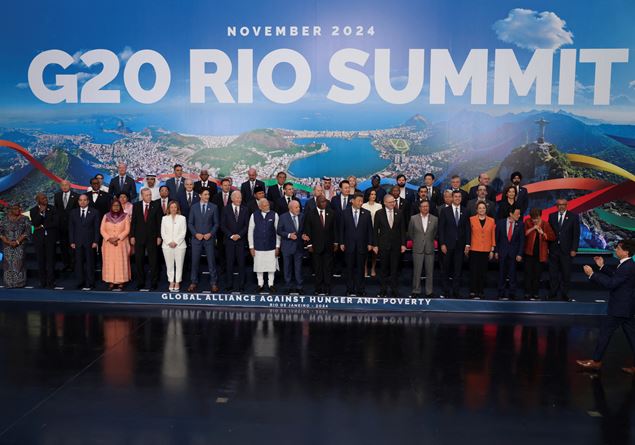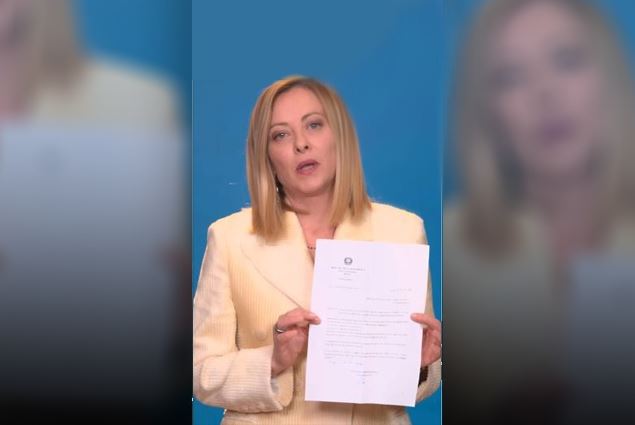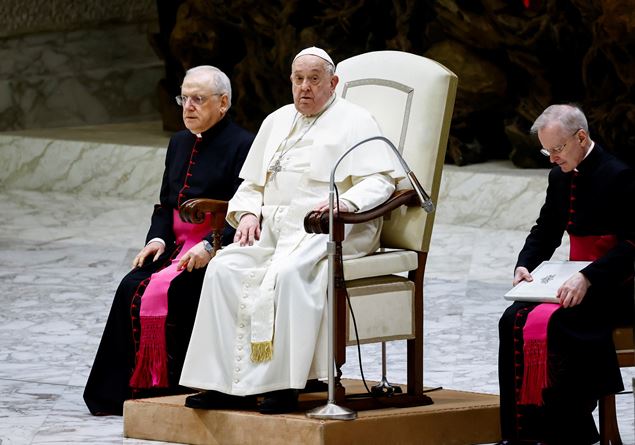
An urgent message, which asks governments around the world for a commitment that can no longer be postponed. Oxfam, the international confederation of non-profit organizations dedicated to reducing global poverty, put it in black and white on the occasion of the G20 summit in Rio de Janeiro (the forum of leaders, finance ministers and governors of the central banks of the most industrialized countries) which was held between 18 and 19 November in Brazil: «A global agenda for the taxation of the super-rich can no longer be postponed. This is because the richest 1% in the G20 countries holds 31% of the wealth, while the poorest half of the population holds just 5%”, writes the NGO, while “in the last 20 years the wealth of that one percent it grew by 150% in real terms and today amounts to 68,700 billion dollars, equal to almost two thirds of the planet’s GDP.” Hence the urgent appeal to the leaders of global powers gathered in Brazil for a coordinated action plan, following the commitments made in the G20 Finance meeting in July.
On that occasion, he remembers Misha Maslennikov, policy advisor on tax justice at Oxfam Italia«for the first time in history, and at the push of the Brazilian Presidency, the G20 finance ministers have agreed to promote forms of international cooperation in tax matters aimed at ensuring greater fairness and progressiveness of tax systems. The most unequal country in the G20, in terms of distribution of wealth, is, among other things, the one hosting the meeting: Brazil. In fact, in the South American giant the wealthiest 1% holds 48% of the national wealth in their hands. South Africa follows in this ranking with 42% and Argentina with 40%. In Italy, the richest one percent held, at the end of 2022, 23.1% of net national wealth.” Maslennikov adds: «Not only are the concentration of wealth and economic inequalities increasing, but in several countries, including Italy, the richest taxpayers today pay, in proportion to their income or assets, fewer direct and indirect taxes and contributions than those with more modest incomes or smaller assets. To remedy this injustice, increasing the tax paid by the richest is now an essential choice.”
What to do concretely in the aftermath of this international meeting: Oxfam asks the G20 leaders to «work towards strengthening international cooperation in tax matters, which makes it more difficult to hide capital offshore through the establishment of national registers of beneficial owners of companies, foundations and trusts and the automatic exchange of the information contained therein between tax administrations ; for the strengthening of the automatic exchange of information on the bank accounts of non-residents and its extension to real estate properties and crypto-assets; for the definition of a new global standard, which ensures a more marked levy on the ultra-rich and for the elimination of harmful tax regimes that exacerbate the race to the bottom between countries in terms of personal taxation”, concludes the message of the confederation of organizations non-profit. Which says it is concerned by the fact that almost three-quarters of millionaires from G20 countries interviewed in a recent survey are in favor of higher taxes on wealth and over half think that extreme wealth is a “threat to democracy.” 72% believe extreme wealth helps gain political influence.
Maslennikov further comments: «To remedy this injustice, l‘increasing the tax paid by the richest is now an essential choice. We would make tax systems fairer and we would have substantial resources available to allocate to combating poverty and social exclusion and to fighting climate change, for which representatives of the wealthier social groups also have greater responsibilities.” The objective is to avoid the risk that this tax will not go the way of the one on banks’ extra profits in Italy.
(Reuters photo: the G20 summit in Rio de Janeiro)









